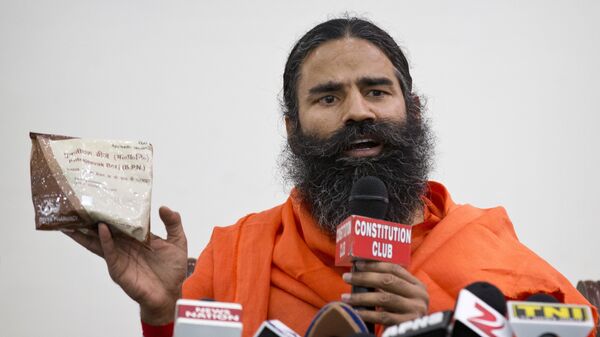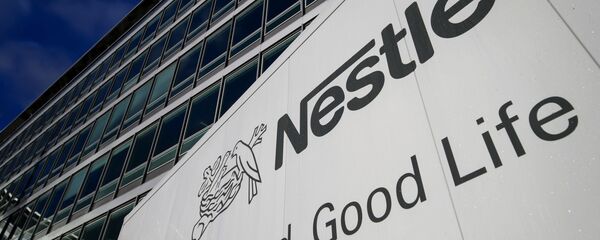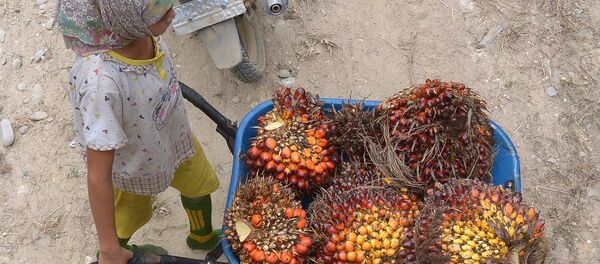"Patanjali Ayurved has turned out to be the most disruptive force in the Indian FMCG market… it witnessed a whopping annual growth of 146 percent in fiscal 2016 grossing a turnover of $ 769 million. Its established peers including ITC, Dabur, Hindustan Unilever, Colgate–Palmolive and Procter & Gamble have struggled to post double-digit growth," noted a Assocham–TechSci research report quoted by the Press Trust of India.
Since its inception as a traditional Indian medicine company, Patanjali Ayurved has diversified into food items and cosmetics. These were till then dominated by products of western companies such as Proctor & Gamble, Unilever and Nestle. The increasing demand for Patanjali products has resulted in smaller outlets opening at almost everywhere.
"Initially, the company focused only on the development of Ayurvedic medicines, but gradually started manufacturing food items and cosmetics… With around 500 products, many of them in the FMCG category, the company has significantly increased its market share. Many of its product launches have impacted share of other FMCG companies in that product category."
Patanjali Ayurved's toothpaste has eaten into the market share of established brands such as Colgate, Close-up, Pepsodent etc. In fact, the US-based Colgate-Palmolive, which still controls 55 per cent of the oral care market in India has reportedly lost nearly 1.5 percent of its market share to Dant Kanti in recent months. To counter Patanjali's inroads, the American brand has launched a herbal ayurvedic toothpaste.
Not only that, Patanjali Ayurved's product offering in noodles segment is giving tough competition to Switzerland-based Nestle's Maggi, which in November had a market share of 57 percent. Before June 2015 when Maggi was handed a five-month ban, it enjoyed a whopping 75 percent market share in the noodles segment.
Patanjali Ayurved is aiming to become a $2.9 billion brand by 2020.And most market watchers are optimistic on that. So what makes the brand tick?
"The biggest appeal for Patanjali users is its association with Baba Ramdev who has become the biggest brand ambassador of promoting health through yoga and traditional Indian ayurvedic herbs and medicines. In addition, the product offerings are decent in standard backed by competitive prices," said Satish Kumar, a franchise owner of a Patanjali Ayurved store in Dwarka, an upscale area of southwest Delhi.
The rise of Patanjali Ayurved has come along with intense regulatory scrutiny and interest by rivals. Last month, the company was fined INR 1.1 million for misbranding and putting up misleading advertisements of its products. The brand has also been criticized for producing advertisements "unfairly denigrating" products manufactured by its competitors.






